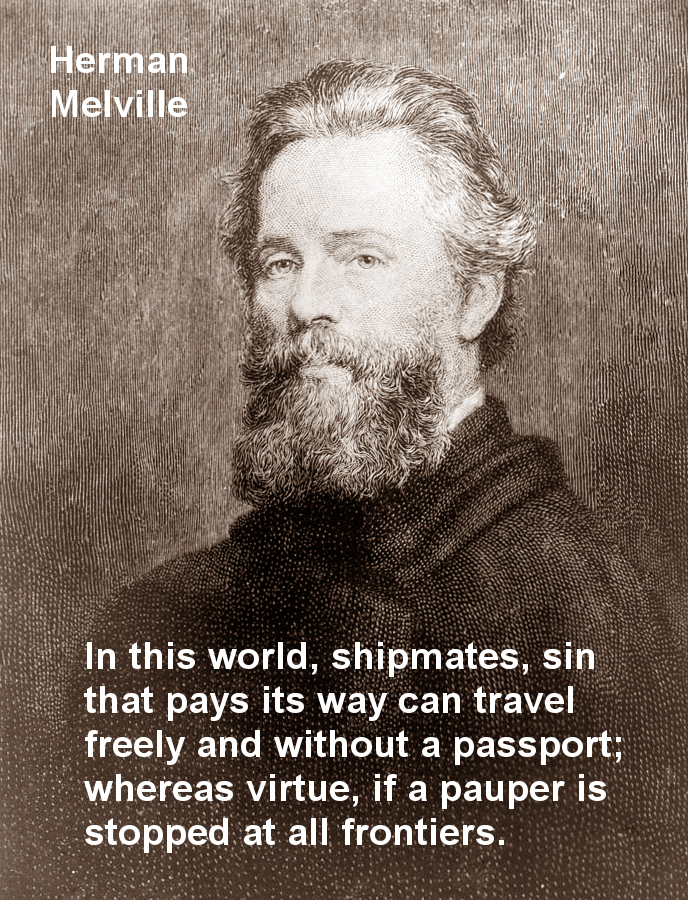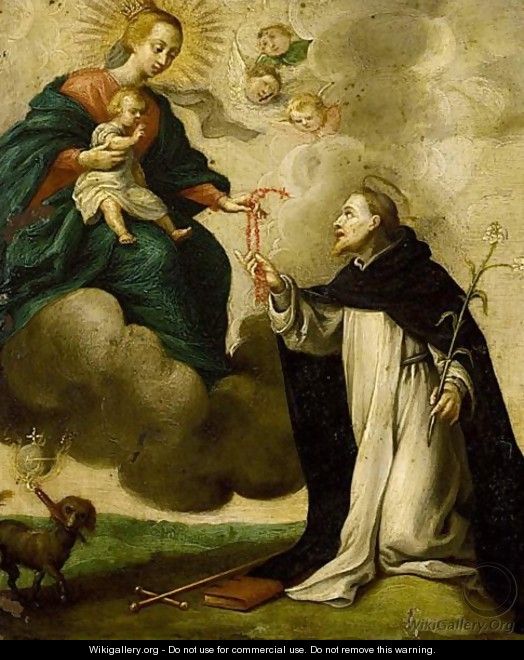I sang the song of silence within the chaos of a life,
I never knew how to talk to anyone,
Condemnation within the lack of consul,
All the time struggling and splashing,
Creating voluminous waves,
Grace unfolding,
Praise unknowing,
Being young,
I never meant to hurt so many people,
So many people, places, faces, and things,
I never knew I would meet so many people,
It was cold and it rained,
I felt like an actor,
The mirror reflecting sadness,
Disappointment and delusion,
I never really knew what I meant,
Imitating the glamor of forbidden queens,
An unwinding hurricane entangling,
A deep longing infusing confidence to proceed forward,
Never missing the beat of the drums,
The wailing of guitars,
The gnashing of teeth,
I never doubted myself while unable to accomplish anything,
In jest, the fool’s folly becomes a quest,
Others tag along, others disappear,
Isolation burrows into detachment,
Deep rumblings of something greater usurping the sounds of shattering,
The cracking of unguarded moments,
Carelessness, hopelessness, and despair,
Safe-keeping the defense of desperate yearnings,
Solutions were never within reach,
Practicality a lack of speech,
Unable to speak in tongues,
Never having anything to say,
Unwashed, barely able to go to bed,
Bright-eyed fearfully young and dazed,
There was no rest,
Boy your getting out of hand,
As the kid on the street just reads, and reads, and reads,
Peace perceived as a dangerous state,
The self-induced darkness entertained through failure,
A stealth misdirection,
A slight of hand,
A spiritual birth occurring, waiting,
The recognition of a multitude of wounds,
The head bleeding,
The eyes sore,
The ears ringing,
The mouth tasting of blood,
Spitting forgotten foreign words,
A hint of truth within the brutality,
Driving alone shouting and screaming,
Dreaming of violence, dreaming of prayer,
The hands grow old,
Prayer affirmed, a gift intent,
The feet ache,
Sitting still becomes solace,
The back is stiff,
It takes an outside force to cease motion,
In kindness to remember,
Looking back removed from anger,
How did I ever get here?
God is good and all giving!
Contemplation

The folly of man expressed by a wordsmith
…so, therefore, that mortal man who hath more of joy than sorrow in him, that mortal man cannot be true—not true, nor undeveloped. He will always strive. With books the same. The truest of all men was the Man of Sorrows, and the truest of all books is Solomon’s, and Ecclesiastes is the fine hammered steel of woe. “All is vanity.” ALL. This wilful world hath not got hold of unchristian Solomon’s wisdom yet. But he who dodges hospitals and jails, and walks fast crossing graveyards, and would rather talk of operas than hell; calls Cowper, Young, Pascal, Rousseau, poor devils all of sick men; and throughout a care-free lifetime swears by Rabelais as passing wise, and therefore jolly;—not that man is fitted to sit down on tomb-stones, and break the green damp mould with unfathomably wondrous Solomon.
But even Solomon, he says, “the man that wandereth out of the way of understanding shall remain” (i.e., even while living) “in the congregation of the dead.” Give not thyself up, then, to fire, lest it invert thee, deaden thee; as for the time it did me. There is a wisdom that is woe; but there is a woe that is madness. And there is a Catskill eagle in some souls that can alike dive down into the blackest gorges, and soar out of them again and become invisible in the sunny spaces. And even if he for ever flies within the gorge, that gorge is in the mountains; so that even in his lowest swoop the mountain eagle is still higher than other birds upon the plain, even though they soar. –Herman Melville ‘Moby Dick’

Storytelling
It has been a while since a novel swept me away. Umberto Eco’s ‘Baudolino’ comes to mind. I thought my novel reading days were behind me. It is good to know just how wrong you can be. Herman Melville’s ‘Moby Dick’ revels in grandeur; storytelling depicting through words, haunting, images, and suggestions greater majesty and mystery. In a world of too many writers, too many books, and too much writing, it is good to read something essential.
Tethered unknowing,
A harpoon landed at birth,
Struck grave solemn and dull,
Wounded loose fish,
Roaming the seas in consternation,
A creature amidst creation,
Did you not know?
In reality and truth,
The whole time a fast fish you be.
I. A Fast-Fish belongs to the party fast to it.
II. A Loose-Fish is fair game for anybody who can soonest catch it.
Some fifty years ago there was a curious case of whale-trover litigated in England, wherein the plaintiffs set forth that after a hard chase of a whale in the Northern seas; and when indeed they (the plaintiffs) had succeeded in harpooning the fish; they were at last, through peril of their lives, obliged to forsake not only their lines, but their boat itself. Ultimately the defendants (the crew of another ship) came up with the whale, struck, killed, seized, and finally appropriated it before the very eyes of the plaintiffs. And when those defendants were remonstrated with, their captain snapped his fingers in the plaintiffs’ teeth, and assured them that by way of doxology to the deed he had done, he would now retain their line, harpoons, and boat, which had remained attached to the whale at the time of the seizure. Wherefore the plaintiffs now sued for the recovery of the value of their whale, line, harpoons, and boat.
What are the Rights of Man and the Liberties of the World but Loose-Fish? What all men’s minds and opinions but Loose-Fish? What is the principle of religious belief in them but a Loose-Fish? What to the ostentatious smuggling verbalists are the thoughts of thinkers but Loose-Fish? What is the great globe itself but a Loose-Fish? And what are you, reader, but a Loose-Fish and a Fast-Fish, too?


Vanity of vanities
“Fits of anger, vexation,and bitterness against ourselves tend to pride and they spring from no other source than self-love, which is disturbed and upset at seeing that it is imperfect.”
“Do not lose courage in considering your own imperfections.”
–St Francis de Sales


…with labour and toil shalt thou eat thereof all the days of thy life.
Saint Joseph shows us the kind of work that God loves: a work that is humble, hidden, fervent and carried out in poverty. He works for the glory of God alone and with the greatest possible gratuity. —Father Marie-Dominique Philippe “The Mystery of St Joseph‘


Balance: work and the religious life
I have been struggling with balance and work. Allowing God to guide into greater understanding, ‘Vainity of vanities’ the first Scriptural reading from Mass arises appropriate–a deeper understanding regarding trust, obedience, and hope amidst a life of toil. The contrasting also of a life of idliness, a life of sloth and delusion, a dillitant effort of doing one’s own thing under the guise of freedom, a wanton exercise of intellectual foolishness. The foregoing of a life of toil in order to pursue pleasure, self-glorifying through an attachment to one’s creative efforts. It is the curse and addiction of many artist. Unable to commit to a life of humble brotherhood and servitude, unable to detach from one’s illusion of being gifted–a source and fountain of God’s wisdom, the solitary idle life of an artist perverts and impedes, demonic in formation as practice and years advance. I think of a clownish friend whose words and unemployed ways alight tainted anymore. Cleverness and brilliance appearing purely vain, in essence an avoiding of a simple, humble, authentic life. To toil is to avoid the excess of living solely for one’s glory. Regarding the opposite extreme, to toil too much, to be overwhelmed by work, exercising work weeks seven days in length, is an exhausting austere vanity depleting mind, body, and spirit of the energy necessary for a healthy spiritual life, as well as a peaceful personal life. Let’s explore thoughts of Father Marie-Dominique Philippe on the mystery of St Joseph and life as a worker.
By not wasting time, by remaining focused on his (St Joseph’s) work, by not being excitable or chatty, nor proud or possessive, Joseph performed his work with love . He thus shows us that the Church began with the sanctification of work.
Saint Joseph is not a saint because he was a good worker who knew how to work well with matter. He is the patron saint of workers because he knew how to rise above not only the concern for efficiency and the need to dominate the matter we work with but also above the joy of a job well done, in order to offer it to God.
He did not work in order to become a specialist, or to win a prize, or again for human glory. He worked for the sole reason that God asked him to; he worked in order to fulfill His will. Obedience to God, and the fact of being predominantly concerned with doing His will, gives gentleness to our work.
We do not waste time, and we work without stress or fuss. We work ardently (with the ardor that comes from adoration) yet without agitation, and joyfully — with the joy of giving all our time to God.
As a “just and God-fearing man,” Joseph knew that, since the Fall, God has asked man to work “by the sweat of [his] brow” for six days of the week, and that work is done in obedience to God, to do His will, to become ever more docile to His Spirit, always accepting that we do not “possess” our work. We are always tempted, in fact, to seek visible success; we are tempted by the human glory of having others look at us and be interested in us, of being famous. However, if we seek the glory that comes from men, then true prayer is completely lost; adoration and contemplation are completely lost. Saint Joseph helps us not to give into the temptation of human glory and any form of worldly Messianism.
This is vital, for herein lies a major obstacle to the beatitude of the poor. “Fear of the Lord is the root of wisdom”; in other words, poverty is that without which there is no contemplation. And without interior poverty there is no longer any real divine hope. We can be certain that Saint Joseph never wasted time and that he detested dilettantism. Wherever we find dilettantism, even in a pious, “baptized”form, there is no place there for Saint Joseph. He himself worked too seriously to fall into that trap. He had the seriousness of a true worker. But the seriousness of a true worker is not the same as a bad mood! On the contrary, the more serious we are about our work the more we are in a good mood. Working seriously puts all our grumpiness to flight. Work, in its realism, and in the intention with which we do it (namely, for God and in order to be united to Him by doing the will of the Father), purifies us. Let us not forget that Jesus did not come to free us from work. Work purifies us: it purifies the intelligence from all that is imaginary, which encumbers us, and it also contributes to the purification of our hearts from the imaginary, and from romanticism. It allows fraternal charity to be incarnated… He who claims to love and does not work does not really love: he remains a dilettante, a romantic. Romantic love is never incarnated —it doesn’t need to be, since it is romantic! Realistic love, on the other hand, needs to be incarnated in some form of work. –Father Marie-Dominique Philippe ‘The Mystery of St Joseph’

Fundamental grounding
Herald of the Rosary
…Our Lady revealed that after she appeared to Saint Dominic, her Blessed Son, Our Lord Jesus Christ, appeared to him and said, ‘Dominic, I rejoice to see that you are not relying on your own wisdom and that, rather than seek the empty praise of men, you are working with great humility for the salvation of souls. “‘But many priests want to preach thunderously against the worst kinds of sin at the very outset, failing to realize that before a sick person is given bitter medicine, he needs to be prepared by being put into the right frame of mind to really benefit by it. “‘That is why, before doing anything else, priests should try to kindle a love of prayer in people’s hearts and especially a love of my Angelic Psalter. If only they would all start saying it and would really persevere, God in his mercy could hardly refuse to give them his grace. So I want you to preach my Rosary.” —St Louis de Montfort ‘Secrets of the Rosary’



Recent Comments